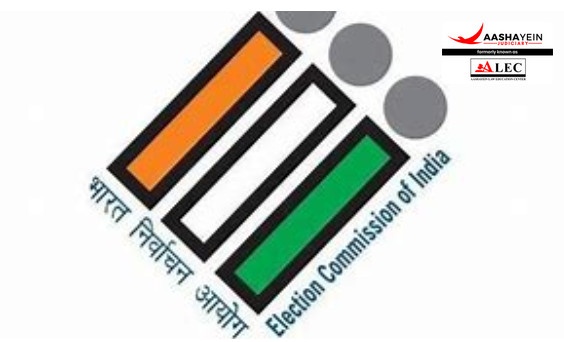The People's Union for Civil Liberties (PUCL) filed a case challenging Section 33B of the Representation of the People Act, 1951. This section stated that, regardless of any court ruling or Election Commission directive, an election candidate was not required to disclose any information beyond what the Act specifically mandated. Earlier, in the case of Union of India v. Association for Democratic Reforms (2002), the Supreme Court had ruled that voters have a right to know details about candidates, such as their criminal history, assets, liabilities, and educational qualifications. The Court linked this right to Article 19(1)(a) of the Indian Constitution, which protects freedom of speech and expression. Following this, the Election Commission issued guidelines to implement the judgment. However, Section 33B essentially nullified the Supreme Court's decision and the Election Commission's directives.
Issues before the Court
- The Supreme Court had to decide if voters have the right to know key details about candidates before voting.
- The main question was whether citizens have a fundamental right to access information about a candidate’s criminal record.
Arguments:
The Association of Democratic Reforms (ADR) challenged the issue before the Delhi High Court, arguing that voters have the right to know about candidates’ backgrounds. Their argument relied on two key reports:
- Vohra Committee Report – This report highlighted concerns about criminal influences in politics.
- 170th Law Commission Report – This report supported transparency in elections, emphasizing that hiding a candidate’s past goes against democracy and national interest.
The Union of India (UOI) was unhappy with this decision and appealed to the Supreme Court. Their main argument was that until Parliament made official changes to the Representation of People Act and its associated rules, the Delhi High Court should not have issued any directives to the Election Commission.
You can also read the Blog by visiting [Blog].
For more information, visit [Aashayein Enquiry Section]
Analysis of the Court
The Supreme Court ruled that the Election Commission must collect key details from candidates running for Parliament or State Legislature as part of their nomination process. Candidates are required to disclose whether they have been convicted, acquitted, or discharged of any criminal offense and whether they faced imprisonment or a fine. Additionally, if they are accused in any pending case within six months before filing their nomination—specifically for offenses punishable by at least two years in prison—the details must be shared. The court also mandated candidates to declare their assets, including immovable and movable property, bank balances, and those of their spouse and dependents. Further, any financial liabilities, such as outstanding dues to public financial institutions or the government, must be reported. Lastly, candidates must disclose their educational qualifications.
Concluding Remark
This decision reinforces the fundamental right of citizens to be fully informed about the background of individuals seeking to represent them. By ensuring transparency, the ruling strengthens democratic values and allows voters to make well-informed choices when casting their votes.

